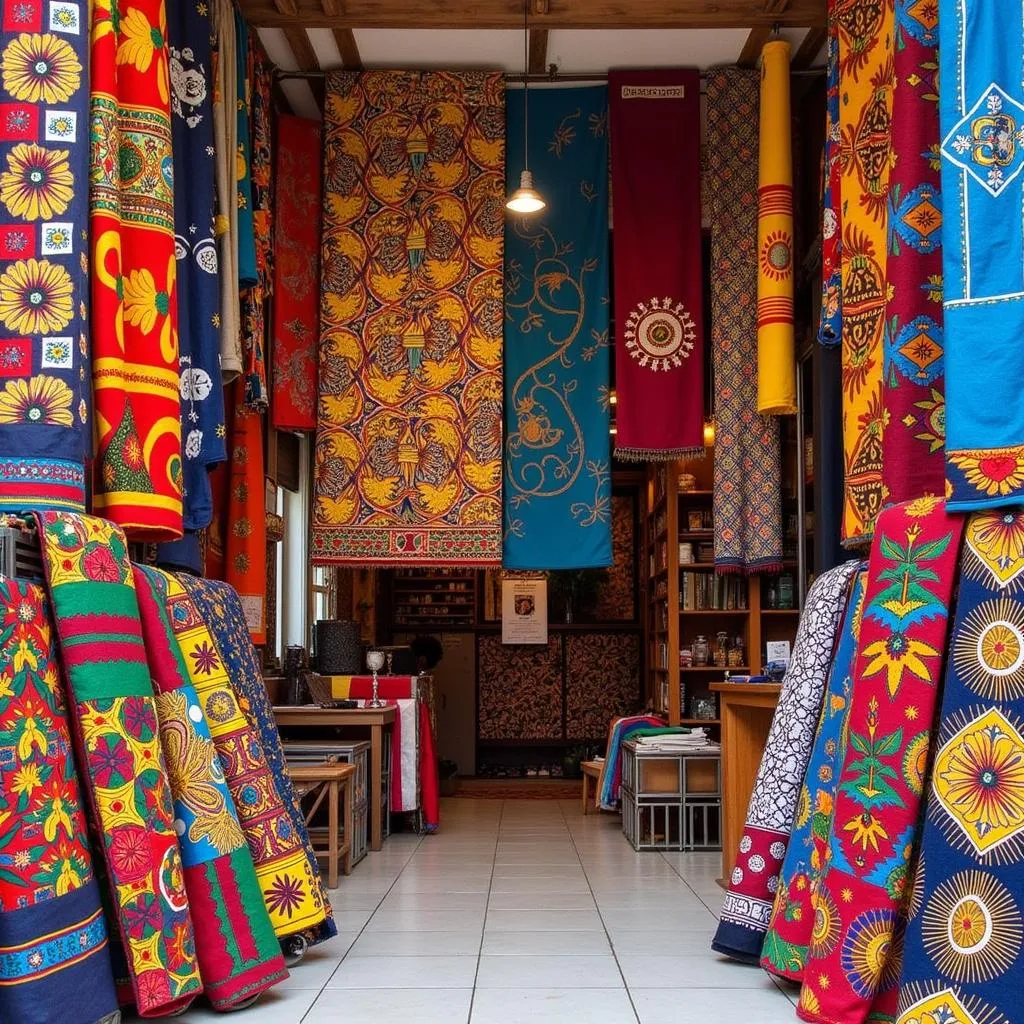Exploring the Complexities of African Execution: Understanding Historical Practices and Modern Interpretations
African history is rich and diverse, encompassing a wide range of cultures, traditions, and practices. One aspect that has often been shrouded in controversy is the concept of execution, which existed in various forms across the continent. This article delves into the historical realities of African Execution, shedding light on different methods, motivations, and the cultural context surrounding them. It aims to provide a nuanced understanding of this complex issue while avoiding simplistic or sensationalist narratives.
Understanding Historical Practices
Historically, execution in Africa was not a monolithic practice. It varied greatly across different societies and over time, reflecting diverse cultural beliefs and legal systems. Some common forms of execution included:
- Death by stoning: This method was often used for serious offenses, such as adultery or theft, and involved throwing stones at the condemned person until death.
- Beheading: This method was commonly practiced in some regions and served as a swift and decisive form of punishment.
- Burning: In certain cases, burning at the stake was employed, often associated with religious or witchcraft accusations.
- Poisoning: Poisonous substances were sometimes used as a means of execution, often in more secretive or clandestine situations.
Motivations for Execution
The motivations for execution in Africa varied depending on the specific offense and cultural context. Common motivations included:
- Deterrence: Executions were often seen as a way to deter future crimes and maintain societal order.
- Retribution: Punishment was seen as a way to balance the scales of justice and ensure that those who committed crimes faced consequences.
- Vengeance: In some cases, executions were driven by personal vendettas or the desire to avenge a perceived wrong.
- Religious reasons: Religious beliefs and practices also influenced the use of executions, sometimes involving rituals or sacrifices.
The Cultural Context
It’s crucial to understand that historical African executions were not always carried out in a purely brutal or inhumane manner. They were often embedded in complex cultural frameworks, involving rituals, ceremonies, and symbolic meanings.
Professor Ngozi Okoye, a renowned anthropologist specializing in African legal systems, notes: “While it’s essential to acknowledge the reality of historical executions in Africa, it’s equally important to avoid reducing them to mere acts of barbarity. These practices often held deep cultural significance and were embedded in complex systems of justice and societal norms.”
Modern Interpretations and Reflections
The historical practices of African execution continue to raise ethical and moral questions in the modern era. While capital punishment is outlawed in many African countries, the legacies of these practices remain relevant.
Modern interpretations of African execution must consider the following:
- The complexities of historical practices: Acknowledging the nuanced cultural and social contexts surrounding execution is crucial for understanding its true significance.
- The legacy of colonialism: European colonialism often imposed its own legal systems and influenced the abolition of traditional practices, including executions.
- Contemporary debates on capital punishment: Discussions about capital punishment in Africa today are shaped by both historical and contemporary considerations.
FAQ
Q: Were executions always carried out in a public setting?
A: The practice of execution in Africa varied across cultures and time periods. While some executions were carried out in public to serve as a deterrent, others were conducted in more private settings, especially those involving religious rituals or accusations of witchcraft.
Q: What were the main offenses that led to execution in Africa?
A: The offenses that resulted in execution varied greatly but often included serious crimes like murder, treason, adultery, theft, and sorcery. The specific offenses depended on the cultural beliefs and legal systems of the particular society.
Q: How does the legacy of African execution impact modern societies?
A: The legacy of execution in Africa raises important questions about justice, human rights, and the role of traditional practices in contemporary society. Debates around capital punishment and the continued relevance of traditional legal systems in some regions are directly influenced by this legacy.
Q: Are there any contemporary examples of executions in Africa?
A: While capital punishment is outlawed in many African countries, there are still some countries that retain it. However, it’s important to distinguish between state-sanctioned executions and other forms of violence or extrajudicial killings that may occur in conflict zones or areas with weak rule of law.
Conclusion
The history of execution in Africa presents a complex and multifaceted narrative. It’s crucial to approach this topic with sensitivity and a commitment to understanding the historical and cultural contexts. By acknowledging the complexities of these practices and their legacies, we can gain valuable insights into the evolution of legal systems, cultural beliefs, and the ongoing debates surrounding justice and human rights in Africa.



